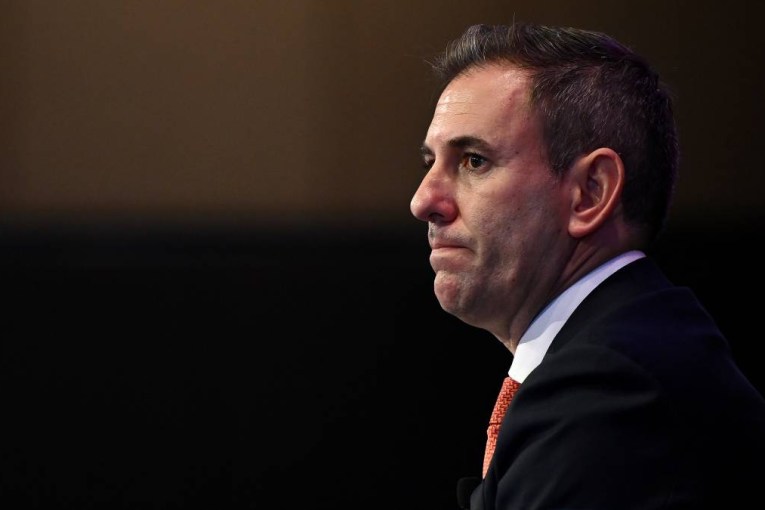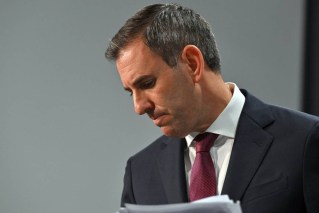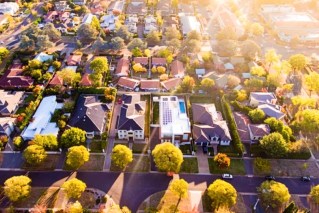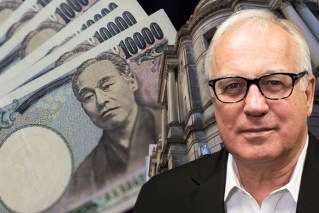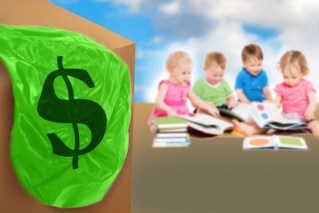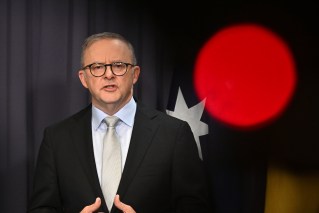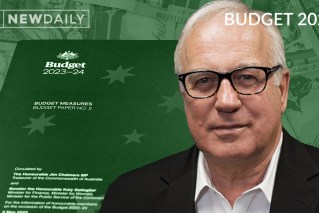Farmers in hot seat as Australia-China trade tensions increase

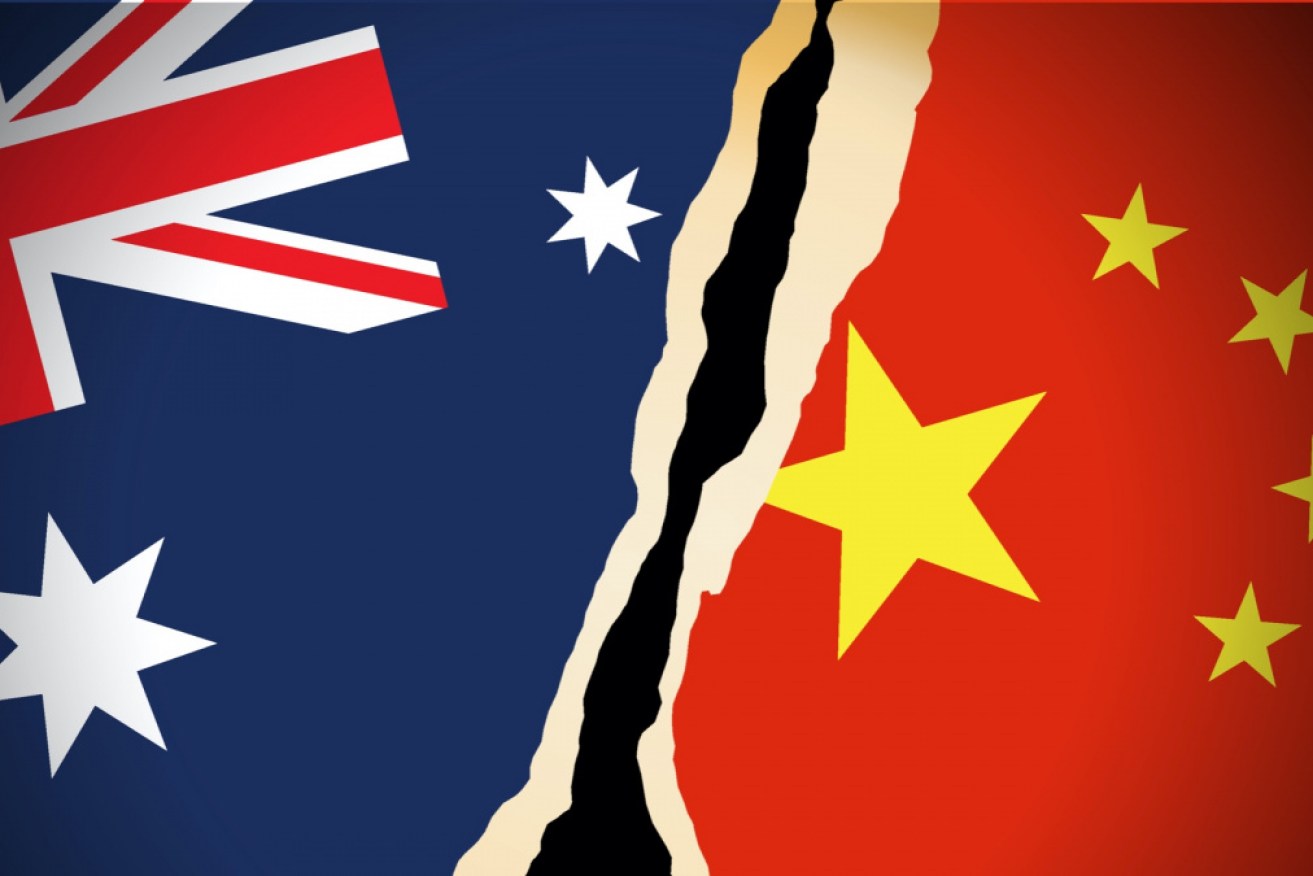
The federal government has taken steps to centralise foreign relations policies, jeopardising China's agreement with Victoria. Photo: Getty
Australian farmers could be caught in the economic crossfire as new foreign relations policies risk worsening ties with China.
If legislated, the new rules will give Foreign Minister Marise Payne the power to cancel agreements that state and territory governments enter into with foreign countries – and could cancel Victoria’s controversial One Belt One Road agreement.
The rules won’t directly affect trade between the two countries, or state governments’ ability to send delegates to China to broker new deals.
But the changes come amid growing geopolitical tensions with China, and could be met with a tit-for-tat response, according to independent economist Saul Eslake.
In recent years Australia and China have taken small swipes at each other by increasing tariffs on imported goods and introducing anti-dumping duties.
Although this economic back and forth is not uncommon, Mr Eslake said China has become “noticeably more belligerent this year” – especially within the Asia region.
“Their rhetoric is becoming more bellicose,” he said.
“They have picked fights with Vietnam, Indonesia, Malaysia, the Philippines, Taiwan, the US, and have imposed their security laws on Hong Kong.”
And this policy, which jeopardises China’s One Belt One Road ambitions in Victoria, could be met with a similar response.
Farmers in the firing line
More than half of Australia’s exports to China are made up of metal ores, coal, fuels and other mining-based commodities.
But Mr Eslake said mining companies are relatively protected from retaliatory actions, because they’re so crucial to China’s economic growth.
Australia is the world’s largest producer of iron ore, and the second-largest producer, Brazil, has been plagued with massive coronavirus infection rates and a series of mining disasters that have curtailed its production.
Instead, it is Australia’s farmers who are likely to bear the brunt of a pushback from China, Mr Eslake said.
“Beef, barley, canola, sorghum – all that sort of stuff can come from plenty of other places,” he said.
“[China] would also know that farmers have more political weight than mining companies. We talk about ‘our’ farmers – but we don’t say ‘our’ BHP or Rio Tinto.”
A similar situation played out in May when Chinese authorities imposed an 80.5 per cent tariff on Australian-grown barley.

China’s barley tariffs coincided with heightened political tensions. Photo: WA Agriculture Dept
Those tariffs were introduced as an ‘anti-dumping’ policy – introduced because China believed Australian barley was priced below fair market value.
But commentators said they were likely in response to Prime Minister Scott Morrison’s calls for an inquiry into the origin of the coronavirus.
Relationship tense, but still positive
Although this latest move will likely draw the ire of Chinese authorities, Mr Eslake noted the relationship between both countries remained co-operative.
University of Sydney professor of Chinese business and management Hans Hendrischke agreed.
“Officially, both sides maintain the line that trade relations have not deteriorated in a political sense,” he told The New Daily.
Professor Hendrischke said both countries understand the signals each country is sending to the other.
But neither side has any interest in allowing the relationship to sour, and is responding in a reasonable fashion.
“[Trade Minister] Simon Birmingham has been very clear on this,” he said.
“We want to treat these signals as technical administrative matters, so if China puts a tariff on barley, we respond by taking down point by point our case for why we don’t agree with those tariffs.”
